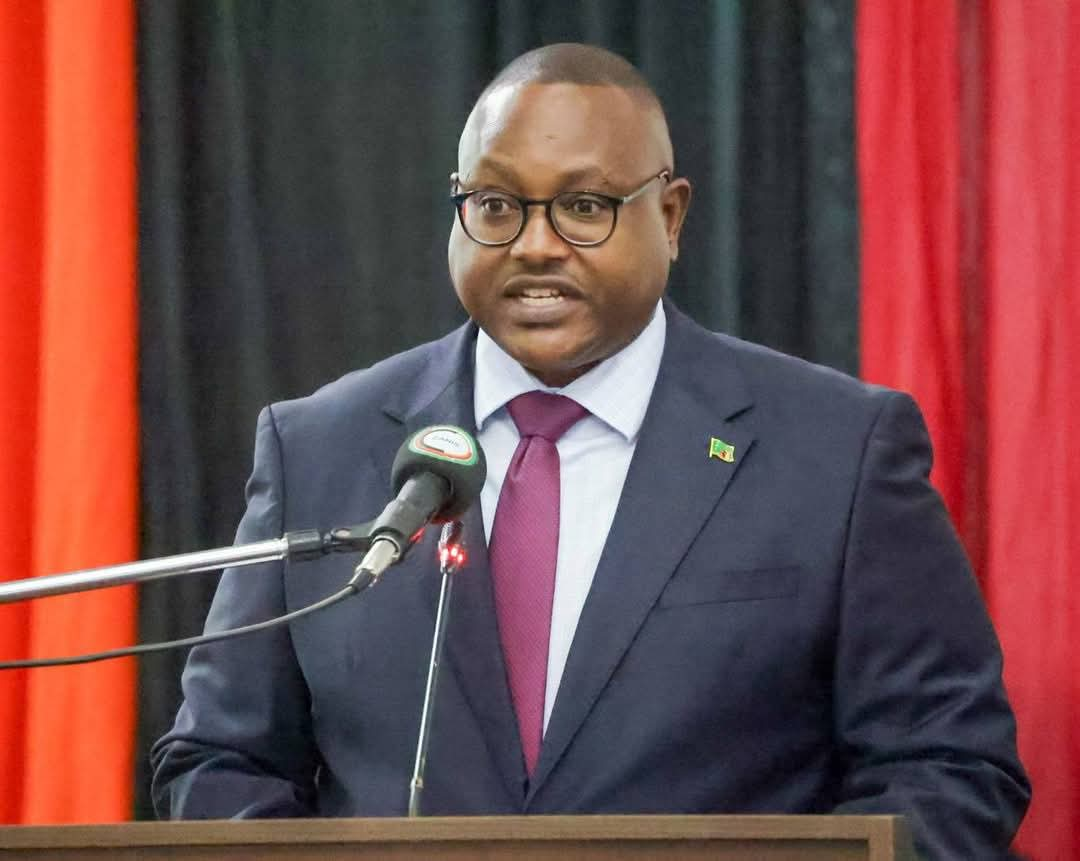Reported by: The Agency Media.
Date: 17th April, 2025.
Lusaka, Zambia.
In response to growing public debate and international speculation, Zambia’s Minister of International Cooperation, Hon. Mulambo Haimbe, has issued a formal clarification on the country’s newly enacted Cybersecurity Act No. 3 of 2025. The clarification comes amid concerns that the legislation could be used to intrude upon the privacy of citizens, tourists, and investors.
Speaking in a media interview, Minister Haimbe addressed what he described as “misconceptions” regarding the intention and scope of the law. “There have been suggestions that this Act enables the government to tap into private communications, including emails, phone data, and personal devices. That is simply not the case,” he said.
The minister emphasized that, contrary to narratives circulating in some circles, the law specifically prohibits unauthorized surveillance. Quoting Section 22 of the Act, he noted that it is a criminal offense for any individual or entity to intercept communications without lawful authority.
“A person shall not knowingly and without lawful authority intercept, attempt to intercept, or procure another person to intercept any communication…” — Cybersecurity Act No. 3 of 2025, Section 22.
Minister Haimbe further explained that lawful interception is only permitted under strict legal conditions, particularly when it pertains to criminal investigations, as outlined in Article 29 of the Act. “This is in line with global standards. No one, including the government, can monitor communications without due process,” he added.
The minister also cited a rise in cyber threats—including data breaches, online scams, and social media abuse—as justification for the legislation. According to him, the law aims to protect both Zambian citizens and foreign nationals from malicious cyber activity, rather than compromise their digital freedoms.
He urged stakeholders, including the media, civil society, and international partners, to seek clarity through official channels before forming or sharing interpretations of the law that could alarm the public. “We maintain an open-door policy. Any concerns should be brought to the relevant authorities to ensure transparency and accuracy,” he said.
The minister’s remarks come at a time when Zambia is actively courting foreign investment and promoting tourism. In that context, government officials are particularly sensitive to how domestic policies are perceived internationally.
“We must be careful not to send the wrong message to the world. Zambia is a safe, democratic, and open country. Our cybersecurity laws are here to protect—not to intrude,” Minister Haimbe concluded.
The Cybersecurity Act No. 3 of 2025 officially came into effect earlier this year, marking Zambia’s most comprehensive legal framework to date for governing conduct in the digital space.
The Agency.

